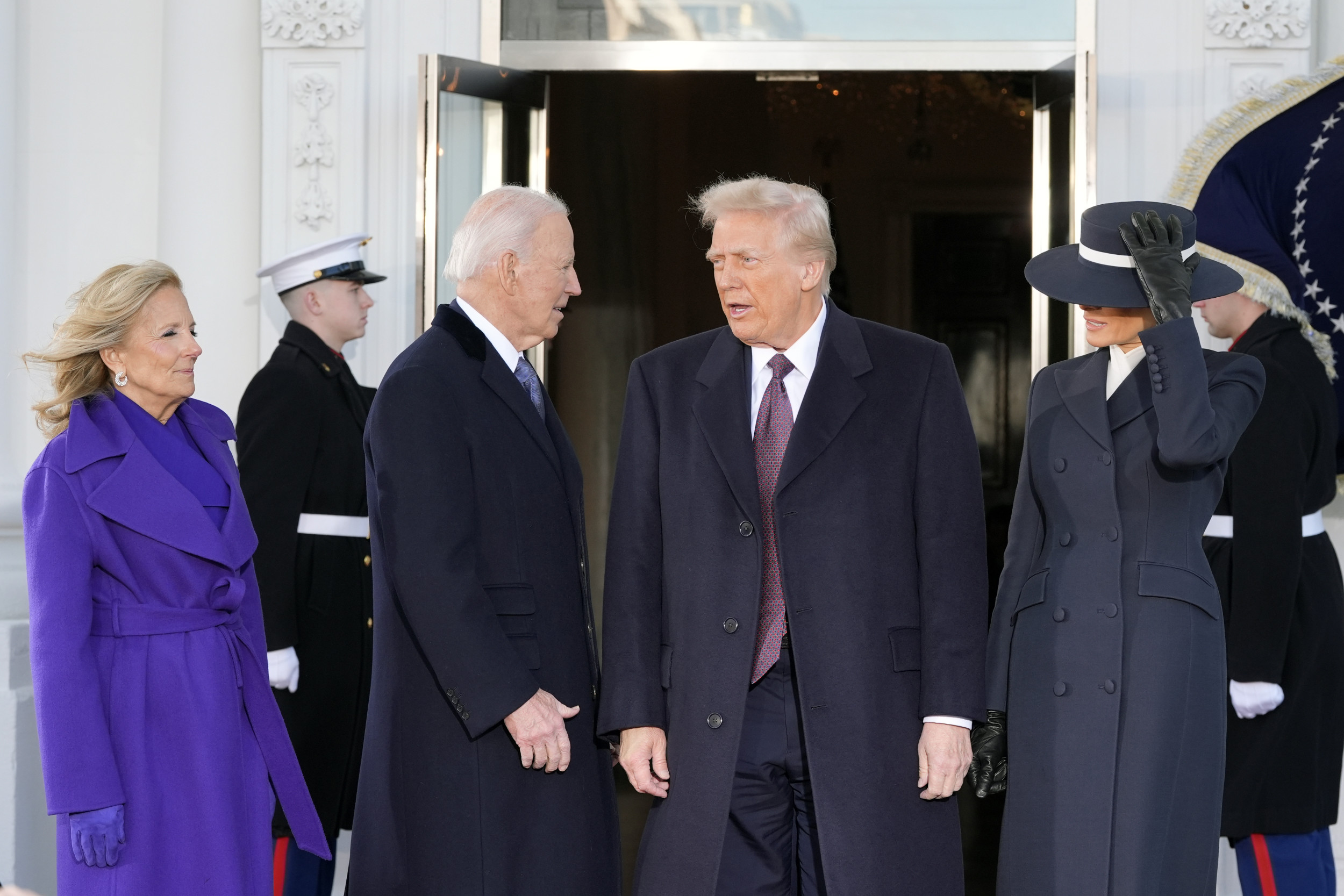Syria has ended its Tartus port contract with Russia, allocating management of the facility to Damascus, according to the Kyiv Independent.
The new government, which assumed power following the downfall of former Syrian president Bashar-al-Assad's regime, terminated a 49-year investment contract with the Russian construction company Stroytransgaz that was signed in 2019, in which Moscow was to spend $500 million to the port's modernization.
Newsweek reached out to the Ministry of Defence of the Russian Federation and Syria's Ministry of Foreign Affairs for comment via email.

Why It Matters
Syria's new government asserting its control over the Tartus port indicates that they are trying to reduce Moscow's presence in Damascus, which may damage Russia's relationship with Syria going forward.
The loss of the Tartus port is a significant blow for the Russian navy, which is losing its key foothold in the Mediterranean.
What to Know
Tartus Customs Director Riad Judy told the Syrian newspaper Al-Watan that "all revenue from the port's operations will now serve the interests of the Syrian state," confirming that the investment contract with Russia had been canceled.
The move appears to be aimed at diminishing Moscow's influence in Syria, following Russian President Vladimir Putin's close relationship with Assad. The new Syrian government also asserted control over the port on Syria's west coast by not allowing Russia to remove military equipment from the naval base in early January.
Moscow had tried to retain two military bases, including Tartus, by speaking with Hayat Tahrir Al-Sham (HTS), the rebel group that ousted Assad in early December 2024, as reported by Bloomberg. Deputy Foreign Minister Mikhail Bogdanov had said that Russia would keep its bases in Syria, and added that he assumed "that everyone agrees that the fight against terrorism and the remnants of ISIS is not over. This requires collective effort and in this sense our presence and the Khmeimim [air] base have been playing an important role."
Tartus had previously hosted a naval supply and maintenance base for Russia, serving as Moscow's only Mediterranean fueling spot prior to the fall of Assad's regime. The base allowed Moscow to stage operations in the Black Sea and Africa, and after rebels reached the port, Ukraine's Main Intelligence Directorate reported Russia had "withdrawn its warships."
What People Are Saying
In a post on X, Oliver Alexander, a shadow government deep state analyst, wrote: "The Russian evacuation of Tartus begins. After being in a holding pattern for over a week, the Sparta II has finally been allowed to dock at Tarth's to evacuate the Russian equipment from the base. This comes the day after Syria cancelled Russia's 49 year lease of the port."
The Russian evacuation of Tartus begins.
After being in a holding pattern for over a week, the Sparta II has finally been allowed to dock at Tarth's to evacuate the Russian equipment from the base.
This comes the day after Syria cancelled Russia's 49 year lease of the port. pic.twitter.com/F6BsP5SSYE
Mahmoud Toron, an analyst and commentator on Middle Eastern politics and affairs, wrote: "The cancellation of the investment contract with the Russian company by the Tartous Port Authority and the request for all its employees to leave the port completely is a step towards eliminating the Russian presence in Syria, and in response to coordination efforts with the Western group. Logically, Russia cannot have any role or connection in the reconstruction process."
Yörük Işık, the head of the Istanbul-based Bosphorus Observer consultancy, previously told Newsweek: "You need to have a steady presence and without this base, Russia's presence in Mediterranean will be in question. They will try to reactivate the old Soviet network which to a certain degree they are already doing. They frequently use Algerian military piers and to a certain degree, they are using Libya, which is less stable. Russia will try to approach Algeria to more heavily use its piers which are in good shape. They will try to maybe do something in Benghazi and possibly even in Tunisia, but it will have a great negative effect."
What Happens Next
It is unknown at this time where Moscow's vessels leaving Tartus port will go, and what Russian-Syrian relations will look like in the future.




















 English (US) ·
English (US) ·